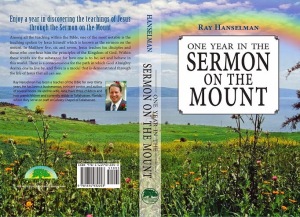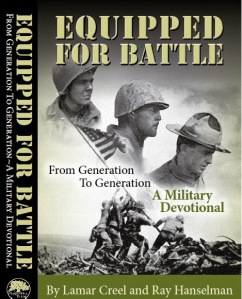Paul the apostle's final
words to the Colossians were encouragements toward prayer,
thankfulness, witnessing, walking in wisdom and speaking with salt
seasoned grace. In chapter four and verse seven of his letter to the
church members, Paul began to mention certain people who were with
him and were instrumental in carrying the gospel to others. We read
of one name “Tychicus” first:
and a faithful
minister and fellowservant in the Lord:
The verse begins, “All
my state shall Tychicus declare unto you,” Paul
began with “All my state”
or “all of the conditions I am in” “shall Tychicus”
whose name means “fateful” “declare unto you”
or “make known unto you”. “Tychicus”
was the person entrusted to carry this letter of Colossians to the
church, and he was also entrusted with the book of Ephesians. The
idea in those days was that each letter written by Paul was to be
read by the church and then carried to the other churches to read. It
is interesting to note that Paul's phrase in Greek was “gnōrizō
Tychikos gnōrizō” which
once agains shows the emphasis that Paul put upon his trust in
Tychicus.
The
verse continues, “who is a beloved brother, and
a faithful minister and fellowservant in the Lord:”
Paul then adds three characteristics of “Tychicus”
which were: “who is a beloved brother”
or “the beloved brother” which means he was probably known to the
Colossians. The phrase “beloved brother”
means “esteemed, dear, favorite, worthy of love fellow
believer, united to another by the bond of affection”. Paul also
called “Tychicus” “and a faithful minister” or “trusty
one who kept his plighted faith, worthy of trust, one that can be
relied on or one who executes the commands of another, especially of
a master; a servant, or attendant”. Finally Paul said “Tychicus”
was “and a fellowservant in the Lord” which means “one
who serves the same master with another; a colleague or associate who
acknowledges the same Lord, Jesus, and obeys his commands”. No
doubt Paul had full confidence that “Tychicus” would
deliver not only his conditions, but also this letter of
encouragement and exhortation to the Colossian church.
When we think about
“Tychicus”, we should be directed toward the qualities
that Paul wrote of him: “Beloved brother, faithful minister, and
fellowservant in the Lord”. Would others say these things about
us? Would they refer to us as “beloved, faithful and fellow
serving” in the faith? As we ponder these things, let us ask the
Lord to help us to grow in these areas that the gospel of Jesus
Christ might be entrusted to us more and more. Remember, because of
these qualities found within “Tychicus” we are studying
Paul's words today. “Tychicus” was faithful and delivered
the very words of Paul the apostle, and we are the benefactors of his
character as we read them.
Next
time Paul shares “Tychicus'”
duty was to the church members, so read ahead,
and we shall join
together then.
Until
tomorrow…there is more…
Look
for the daily devotional book “Equipped for Battle – From
Generation to Generation”, the marriage book “So, You Want to Be
Married”, and the new devotional “One Year in the Sermon on the
Mount” in all major bookstore sites, http://www.amazon.com
; http://www.barnesandnobles.com
; download to e-books, and find it locally at
http://www.mrzlc.com/bookstore.






